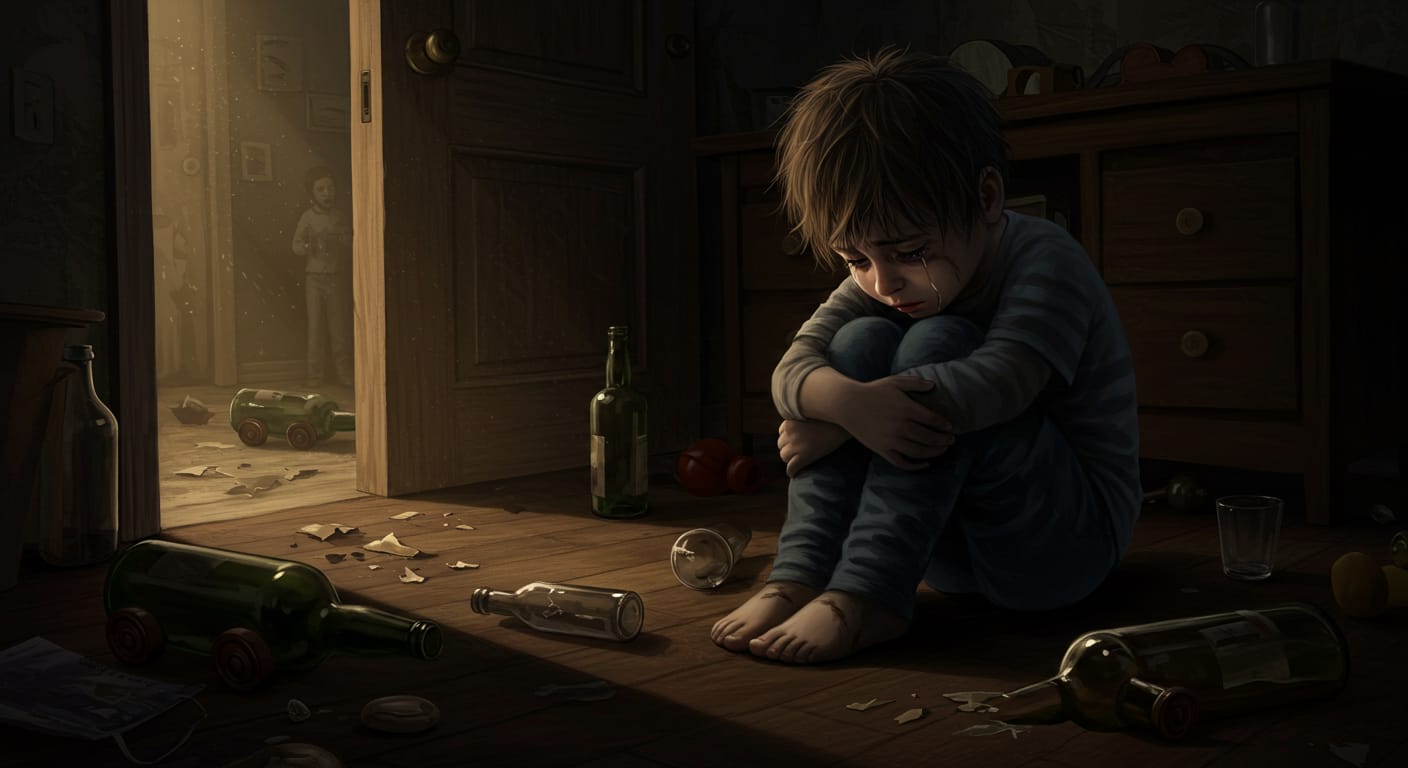When Bad Parents Stop Caring, Kids Pay the Price
Children pay with their health and happiness when parents fail them.
Parenting is a lifelong commitment. But children don’t come with a handbook. Far too often, the headlines are filled with stories of neglectful or abusive parenting—mothers losing custody, fathers having visitation rights revoked, and children taken into state care.
But in all of this, who pays the ultimate price?
It’s the children—left emotionally scarred, mentally drained, and forgotten in the chaos of adult dysfunction.
Take the example of Shanesha Taylor, who used donation money not for her children’s needs, but to support her partner’s rap career. Or the countless other kids sidelined while their parents prioritize romantic drama or personal indulgence over love, stability, and support.
“Childhood should be carefree, playing in the sun; not living a nightmare in the darkness of the soul.”
— Dave Pelzer, A Child Called “It”
Kids Suffer When Parents Check Out Emotionally
Why bring a child into this world if you’re not ready to take responsibility for their well-being?
Children are fragile. They need guidance, structure, and unconditional love. But bad parenting often results in:
-
Emotional neglect
-
Chaotic home environments
-
Exposure to aggression or abuse
-
Lack of safety or stability
When kids grow up with emotional violence, they may develop:
-
Low self-esteem
-
Deep-seated anxiety
-
Depression or suicidal thoughts
-
Difficulty trusting others
-
Behavioral problems and attention-seeking tendencies
The Cost of Neglect: A Life of Inner Pain
When household funds go toward alcohol, drugs, or toxic relationships, children are left emotionally bankrupt. They suffer silently—hungry for attention and love, but receiving chaos and coldness instead.
These children:
-
Learn that aggression is normal
-
May begin self-medicating with drugs or alcohol to escape pain
-
Struggle with attachment and trust issues
-
Repeat the cycle of neglect and dysfunction in adulthood
Love makes us feel secure. Without it, even a child in a two-parent household can feel invisible.
Breaking the Cycle Begins with Accountability
The long-term mental and emotional damage caused by poor parenting isn’t easily repaired. These scars can last a lifetime if not addressed. That’s why we must acknowledge the impact of adult mental health, choices, and priorities on a child’s development.
Raising a child means showing up emotionally, every single day—not just physically being there.



It breaks my heart to think of all the children in this world growing up in these terrible environments of domestic violence and abuse. It makes me incredibly thankful for my family and my wonderful childhood. I hope one day I can raise children in a loving environment.
Thanks again Heather for your comment.